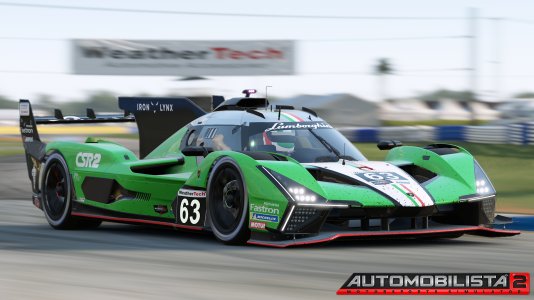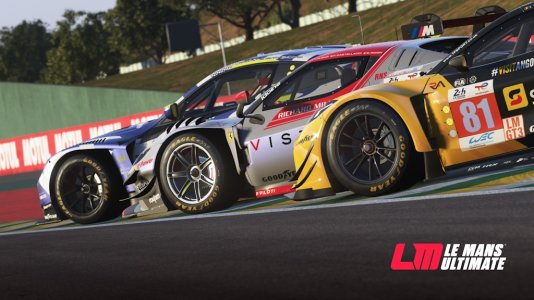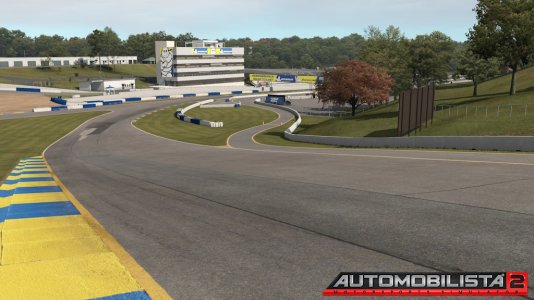Hi guys,
does anybody know if I can assign a different engine to a car via the upgrade.ini?
I downloaded the 75 F1 livery pack by Keith Windsor for the Formula Retro and build myself some engines which should show some differences in performance, but every time I test it, it is still using the standard engine.
I also did another test just increasing the weight of the car via the upgrade.ini and that works.
I set my upgrade file like this for the Ferrari (based on Keith Windsor's 1988 mod:
UpgradeType="Engine Power Changes"
{
UpgradeLevel="Engine Power Change"
{
Description="Engine Power Changes"
HDV=[GENERAL]
HDV=[ENGINE]
HDV=Normal=75_ferrari_engine.ini
HDV=RestrictorPlate=75_ferrari_engine.ini
}
}
Thanks for reading and any help is appreciated =)
does anybody know if I can assign a different engine to a car via the upgrade.ini?
I downloaded the 75 F1 livery pack by Keith Windsor for the Formula Retro and build myself some engines which should show some differences in performance, but every time I test it, it is still using the standard engine.
I also did another test just increasing the weight of the car via the upgrade.ini and that works.
I set my upgrade file like this for the Ferrari (based on Keith Windsor's 1988 mod:
UpgradeType="Engine Power Changes"
{
UpgradeLevel="Engine Power Change"
{
Description="Engine Power Changes"
HDV=[GENERAL]
HDV=[ENGINE]
HDV=Normal=75_ferrari_engine.ini
HDV=RestrictorPlate=75_ferrari_engine.ini
}
}
Thanks for reading and any help is appreciated =)









